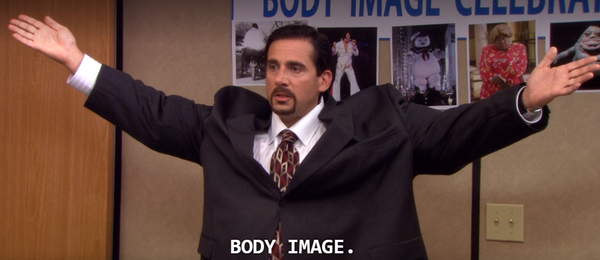I’ve always liked to read, and when I say always I really mean for the last 10 years, which I guess feels like always to me. Since my brother first handed me his worn copy of Harry Potter and the Sorcerer’s Stone, with its broken binding and chocolate stained pages, I’ve never found life to be the same. I was suddenly able to leave the quiet suburbs of Connecticut and transport myself to the wonderful “Wizarding World of Harry Potter.” It was a dazzling foreign experience to find myself so enraptured by this fictional place, and I began to daydream about this fantasy world so different from my own.
The thing is, books are very different from the real world, a difference I’ve found is both magical and profoundly dangerous. Novels are seductive, and fantasy more so than any other genre. When you pick up a book a nerdy kid can become a wizard, a warrior, or maybe a knight in shining armor whose adventures are unparalleled by anything that goes on in your pedestrian life. There is bravery, danger, and glory in books. There is mystery and romance, power and intrigue.
I remember being disappointed as I transitioned from adolescent to teenager. My heroes were younger than I was; Harry was only 11 in the first book and Percy Jackson began his adventures at 12. Here I had made it all the way to 13 and that letter from Hogwarts never arrived. I was neither wizard nor demigod, just plain old mundane me. I soon grew out of the thrall of fantasy. I knew magic wasn’t real, so why would I assume the danger and adventure would be attainable? I recognized that I was a kid in school, and that my studies were my priority. I wasn’t meant to be a hero.
The danger of books is that they make you think you know what it means to be that hero. There’s a recipe and a formula for what makes a great book, and as you read more and more you can anticipate the link in every chain of events. You think that because you know all the foils and follies of your literary heroes you won’t replicate their mistakes. Back in high school, at the end of freshman year, I read On the Road and everything changed again. There was no magic, no science fiction, hell it wasn’t even fiction—it was real! I could find a way to recreate the wonders of these heroes’ lives in my own life without replicating their same struggles, since I knew all the bad decisions they made and the consequences they bore—or so I thought.
I woke up in a hospital bed two days ago, afraid and confused without any memory of how I got there. I was hoping for a miracle, wishing I could turn back the pages of my own book to send me back home to the comfort of my dorm room. It seems I had quite the adventure that night, one that I’m glad I cannot remember, and wish could have been replaced by more bookish pursuits. It’s hard to be satisfied with a life full of textbooks and problem sets when you know there is this great big world out there full of adventure. I've spent the last couple of years chasing those adventures with the naïve conviction that I could avoid all the conflicts that lead to the climax of every great book. I had no enemies, nor villains in my life, so the road seemed to be free of obstructions until it dawned on me just now that I may be the antagonist in my own story.
Adventure, mystery, and intrigue are real when you’re exploring an abandoned insane asylum late at night, but even more real is the asbestos, lead paint, and unstable structure of a condemned building, not to mention the police station a hundred yards away. When you’re roaring down the highway at 120 miles an hour you tend to think you’re in The Fast and The Furious, not Untold Stories of the ER, and when you’re chasing euphoria in a cup, you forget that poison has its price. Reading books might tell you what adventure looks like, but the books won’t tell you what extra quarter inch is too far to push the accelerator, or if the next shot is going to be your last.
Adventure is found in books and can be had in life, but with that comes the same perils all heroes eventually face, which is a risk few of us acknowledge, but all must accept. Danger and excitement always come at some cost, and that’s the danger with books—they fail to tell us what the price is.





















